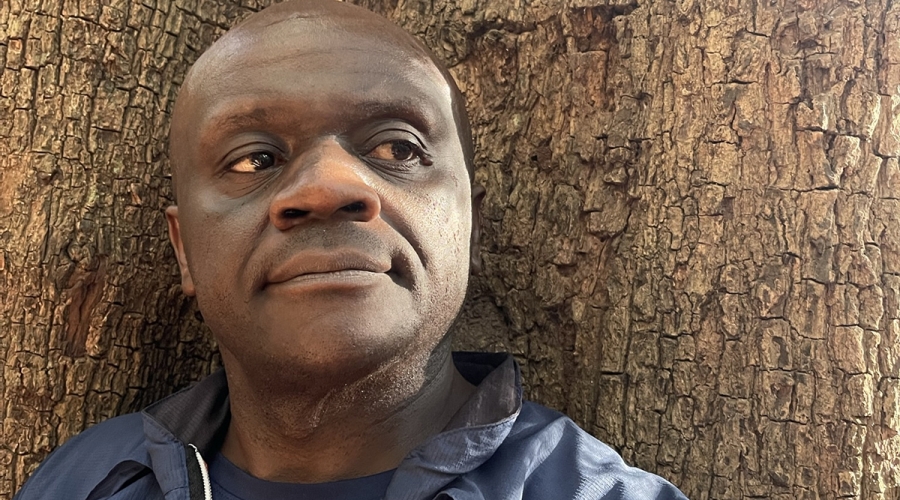Drawing from Hountondji to Bolster Transformative Pan-Africanism

Hountondji also criticized the tendency of some African leaders and intellectuals to promote a monolithic vision of African identity and culture, arguing that this oversimplification obscured the rich diversity and complexity of African societies.
I am because we are. That’s the Ubuntu philosophy. It took a village to raise me. That village constituted individuals who then formed the collective known as ‘village.’ Which means that the African collective doesn’t annihilate the African individual. As such, my African individuality shouldn’t be swallowed up by the African collective that I am a part of; rather, they should reinforce each other. Transformative Pan-Africanism thrives in that sumptuous space where the African individual and African collective merge harmoniously, symbiotically.
Paulin Hountondji, the influential philosopher from Benin, put forward several ideas that resonate with the notion of transformative Pan-Africanism arising from individual conviction rather than merely collective conviction.
Hountondji was a vocal critic of ethnophilosophy, which he saw as a form of collective African philosophy that essentialized and romanticized traditional African thought. Instead, he advocated for a critical, scientific approach to philosophy that was grounded in reason and empiricism. This emphasis on individual reason and critical thinking aligns with the idea that transformative change must stem from individual conviction and a willingness to challenge established norms and assumptions.
In his writings, Hountondji stressed the importance of intellectual autonomy and the need for Africans to develop their own philosophical traditions and systems of thought, rather than simply adopting or imitating Western philosophical frameworks. This call for intellectual self-determination and the cultivation of individual philosophical perspectives can be seen as a precursor to the idea of transformative Pan-Africanism being driven by individual conviction.
Hountondji also criticized the tendency of some African leaders and intellectuals to promote a monolithic vision of African identity and culture, arguing that this oversimplification obscured the rich diversity and complexity of African societies. This recognition of the pluralistic nature of African societies and the need for individual voices to be heard and respected can be seen as a support for the idea that transformative Pan-Africanism should emerge from a multitude of individual convictions, rather than a single, imposed collective conviction.
Furthermore, Hountondji's emphasis on the importance of critical thinking and questioning established beliefs and practices can be seen as a call for individuals to embrace their own agency and actively shape their societies and destinies. This aligns with the notion that transformative Pan-Africanism should be driven by individuals who are willing to challenge the status quo and actively work towards positive change, rather than simply accepting or adhering to a collective narrative or ideology.
In essence, Hountondji's philosophical approach, which prioritized reason, intellectual autonomy, and critical thinking, can be seen as a foundation for the argument that transformative Pan-Africanism should be an organic, bottom-up movement fueled by individual conviction and a willingness to challenge and reshape existing structures and narratives. While collective conviction and shared cultural identities are important, Hountondji's ideas suggest that true transformation must ultimately stem from the individual's capacity for critical reflection and a commitment to creating positive change.

 En
En  Fr
Fr  Ar
Ar